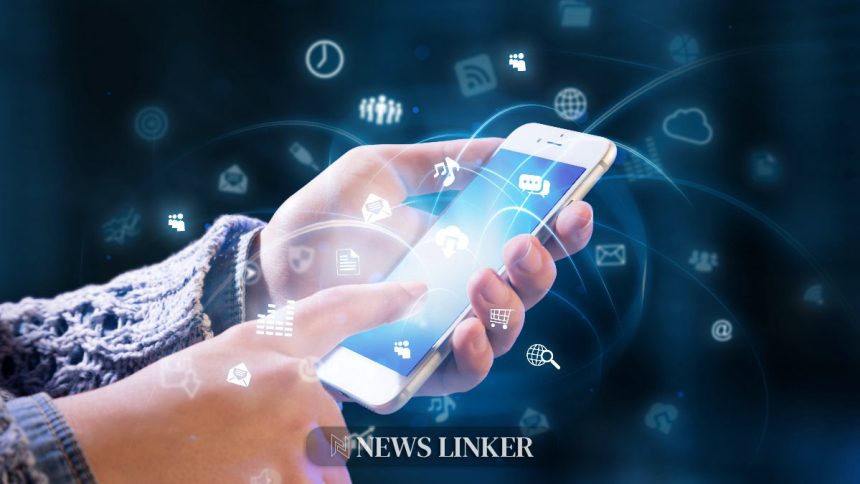A new federal measure now prohibits creating and distributing nonconsensual deepfake pornography using a person’s likeness. Lawmakers pushed this initiative to address content generated by artificial intelligence that can exploit both celebrities and private individuals. The legislation requires companies to remove reported images within 48 hours and entrusts the Federal Trade Commission with oversight responsibilities. Additional safeguards and clear guidelines are expected to accompany future revisions, ensuring that digital privacy concerns are handled carefully.
Reports from earlier coverage confirmed that the bill’s swift House approval followed a Senate version that received wide bipartisan backing. Several accounts highlighted concerns that mandated removals might overwhelm smaller tech companies, while historical observations noted warnings of potential overreach. Prior articles discussed similar measures with mixed reactions from digital rights groups, a theme that remains central in today’s discussions.
Legislative Measures
Lawmakers established the bill as a response to the rapid spread of AI-generated explicit content. The text criminalizes the circulation of nonconsensual imagery and compels platforms to act quickly upon receiving notification. The Federal Trade Commission is authorized to enforce the requirements, ensuring compliance with the new legal framework. The legislation marks one of the first federal attempts to regulate synthetic media and protect personal dignity.
Industry Impact
Technical experts and digital rights advocates raised concerns that the 48-hour takedown window could place undue pressure on smaller platforms. Critics argue that these stringent removal conditions may affect services with encrypted communications, which typically cannot review content.
Becca Branum stated, “The TAKE IT DOWN Act, while well-intentioned, was written without appropriate safeguards to prevent the mandated removal of content that is not nonconsensual intimate imagery.”
Technical challenges and potential legal challenges are at the forefront of industry discussions.
Bipartisan Support
The bill received overwhelming bipartisan support with nearly unanimous House approval. Supporters included figures from both sides of the aisle, emphasizing protection for vulnerable groups.
Melania Trump remarked, “Today’s bipartisan passage of the Take It Down Act is a powerful statement that we stand united in protecting the dignity, privacy, and safety of our children.”
However, some lawmakers expressed reservations.
Rep. Thomas Massie commented, “I’m voting NO because I feel this is a slippery slope, ripe for abuse, with unintended consequences.”
Policy experts note that while the measure addresses clear abuses of technology, its implementation could spark judicial debates over free speech and content moderation standards. Future legal interpretations may depend on whether courts view the actions as necessary to prevent harm or as restrictions on expression. Monitoring implementation and judicial reviews could offer guidance on striking a balance between individual rights and digital accountability.








